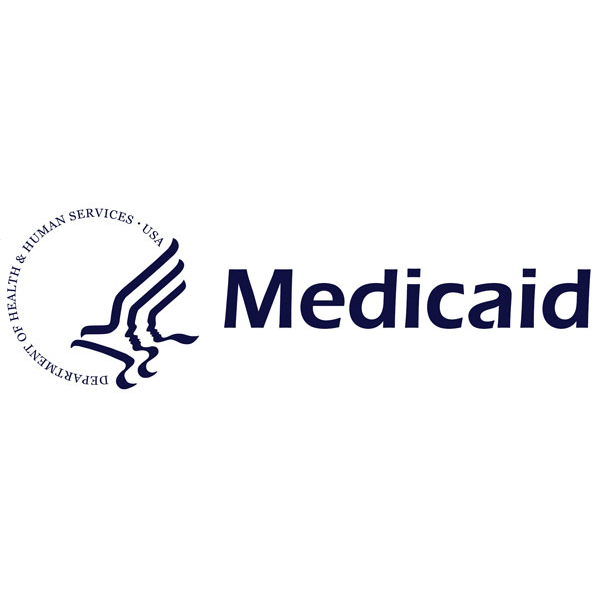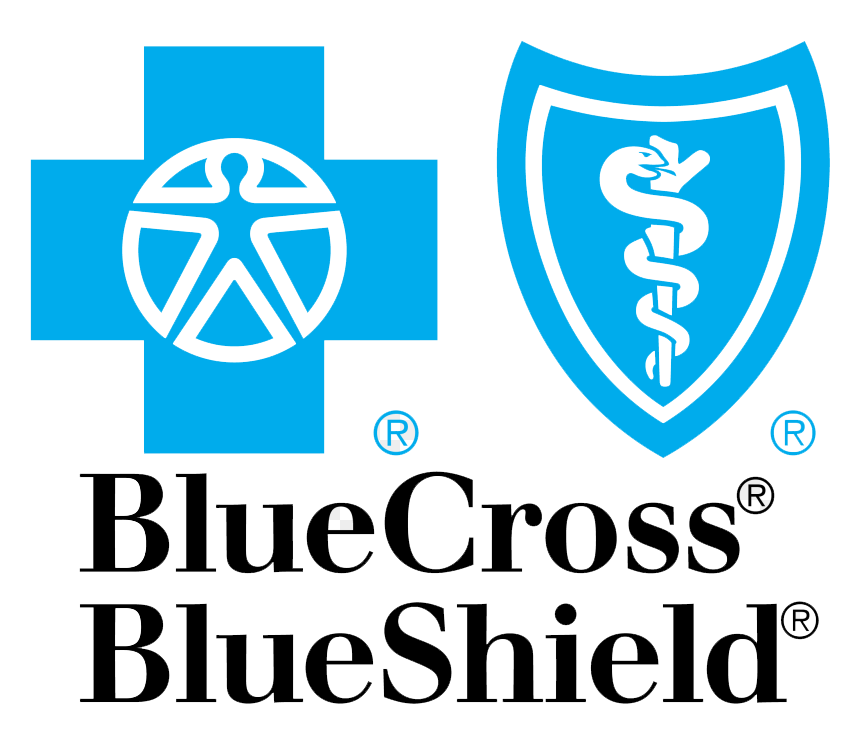
About Our Evaluations
The Central Focus team specializes in providing a variety of evaluations & tests to help diagnose a variety of neurocognitive, neuropsychological, and neurodevelopmental disorders. Our assessments encompass a variety of written, visual, verbal, or electronic evaluations designed to evaluate the cognitive, neurological, emotional, behavioral, or personality aspects of individuals, whether children or adults. These evaluations are grounded in research, and the measures employed typically demonstrate high levels of validity and reliability.
Through the utilization of neuropsychological assessments, we aim to assist clients in clarifying diagnoses and developing comprehensive and targeted treatment plans based on the needs of the patient.
Although many clients may report similar symptoms, the uniqueness of each individual’s life experiences, personality, interpersonal approaches, cognitive functioning, and perspective significantly influences their resilience and responses to life’s challenges. A comprehensive assessment allows us to consider all these factors, enabling the formulation of individualized treatment plans to support our clients on their journey toward healing, growth, and thriving.
TESTING & EVALUATIONS FOR A VARIETY OF PSYCHOLOGICAL CONDITIONS
Our team uses the most advanced techniques to provide neuropsychological and psychiatric testing and evaluations for the following conditions
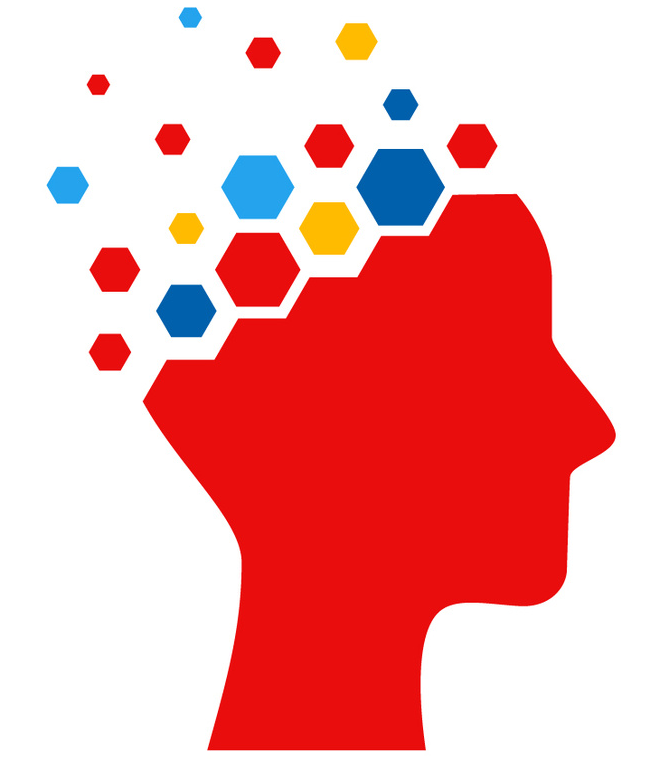
Alzheimer’s & Dementia
The evaluation can include extensive tests to evaluate your memory and thinking (cognitive) skills.These tests will help determine if you experience dementia or cognitive decline, and if you're able to safely conduct daily tasks such as taking medications as scheduled and managing your finances.
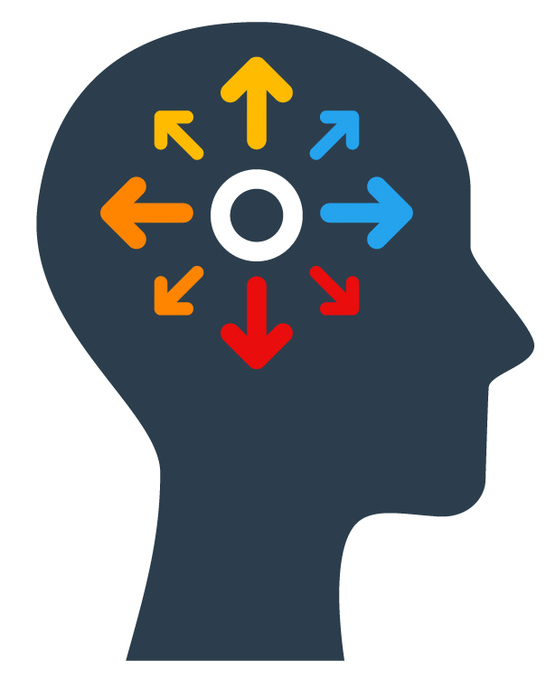
Attention Deficit Hyperactivity Disorder (ADHD)
Questionnaires, rating scales, intellectual screenings, measures of sustained attention and distractibility, and measures of executive function may all be part of the ADHD assessment.

Autism Spectrum Disorder
Tests that could be administered include the Autism Diagnostic Observation Schedule, intelligence tests, measures of social emotional reciprocity, questionnaires, play observations, and developmental or adaptive tests

Bipolar Disorder
We’ll ask about how you feel leading up to and during an episode of mania or depression, and if you have thoughts about harming yourself. We’ll also want to know about your medical background and family history, especially whether any of your relatives have experienced bipolar disorder.
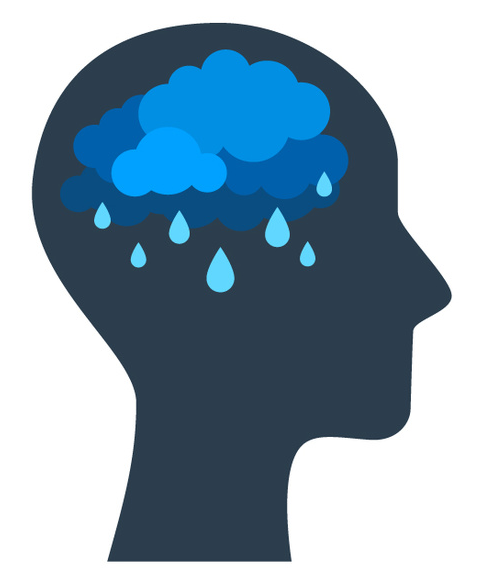
Depression and Anxiety
Our mental health specialists will assess a detailed history, including symptoms, underlying diseases, family history, emotions, feelings, and behavior.

Learning Disorders & Intellectual Giftedness
Evaluations include specialized interviews and written assessments designed to measure a child's intellectual capability, or IQ (intelligence quotient). We also assess academic skills, social & emotional skills, in addition to speech and language.

Oppositional Defiant Disorder (ODD)
(ODD) is a condition in which your child displays a pattern of uncooperative, defiant and angry behavior toward others. (ODD) is treatable with psychotherapy and parent management training.
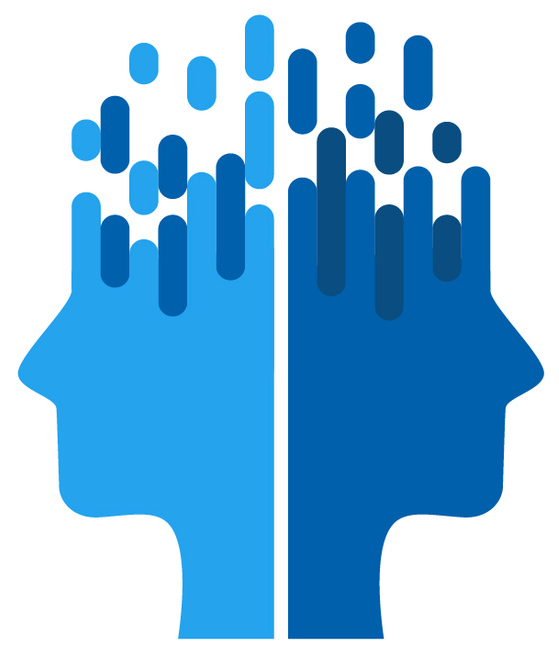
Personality Disorders
Diagnosis of a personality disorder requires evaluating long-term patterns of functioning and symptoms. People under 18 are typically not diagnosed with personality disorders because their personalities are still developing.
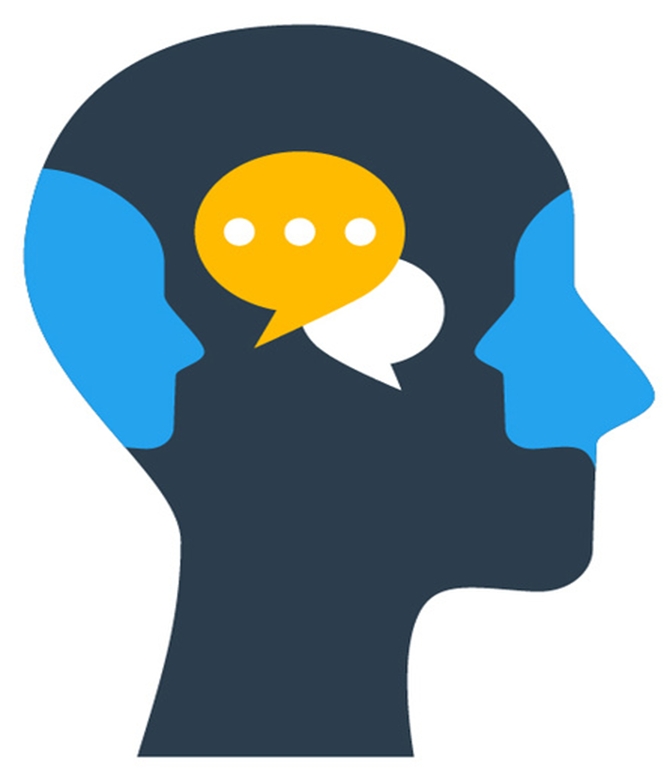
Psychotic Disorders (i.e. Schizophrenia)
Patients with psychosis associated with psychiatric disorders present with a combination of hallucinations, delusions, and disorganized thoughts.
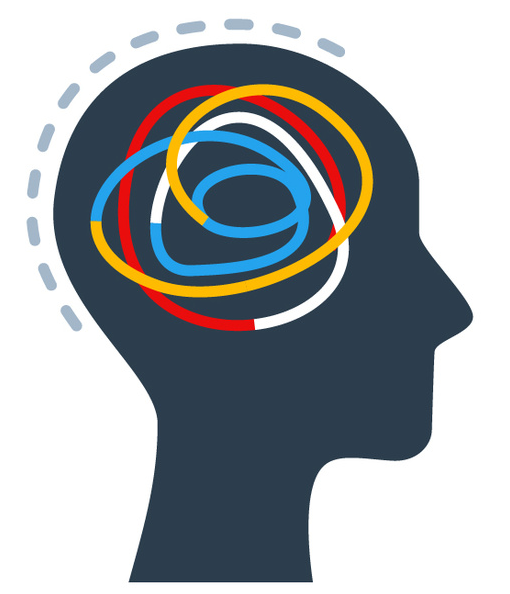
Posttraumatic Stress Disorder (PTSD)
Several types of psychotherapy may be used to treat people with PTSD. Some types of psychotherapy used in PTSD treatment include cognitive therapy, exposure therapy and eye movement desensitization and reprocessing.








